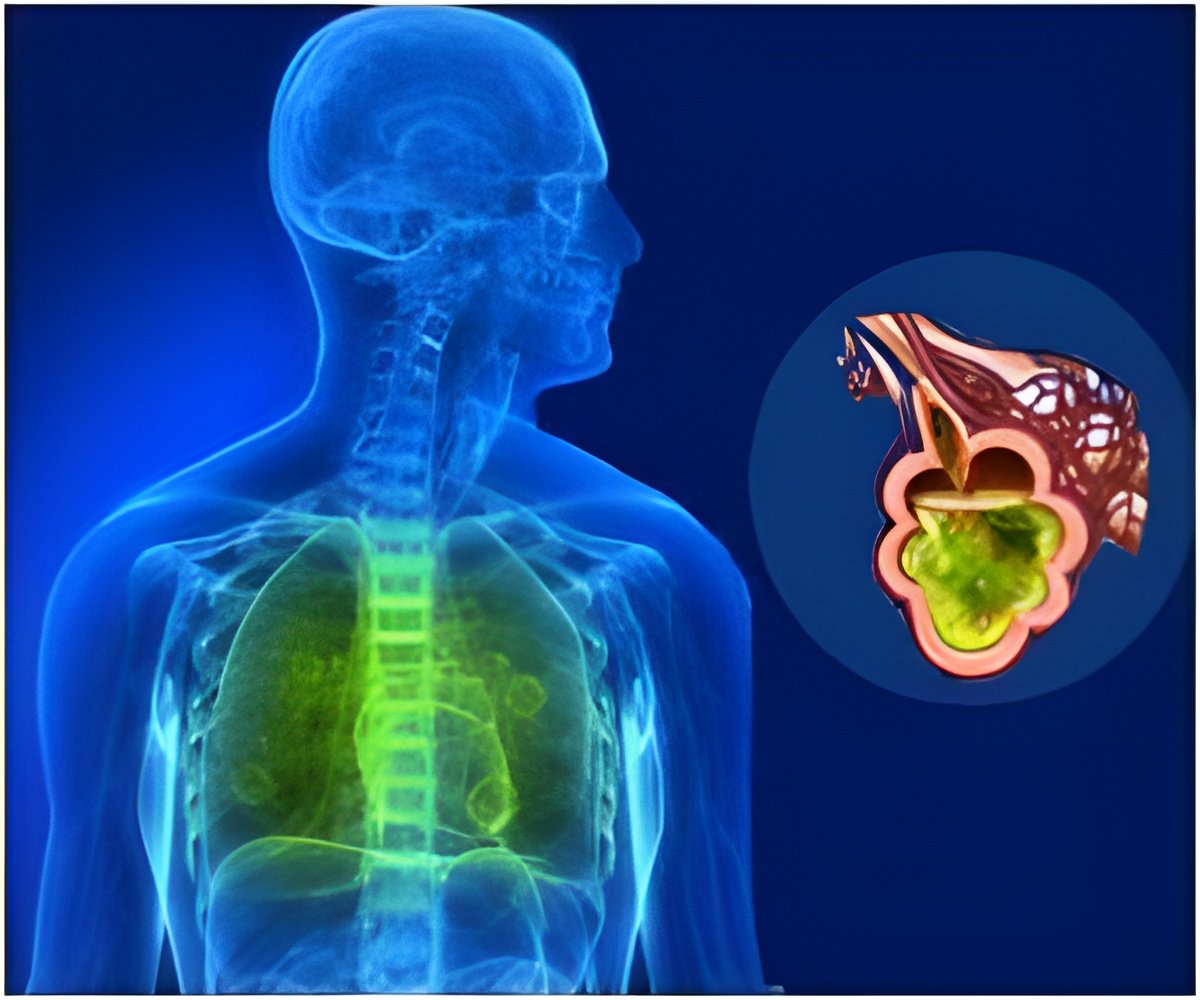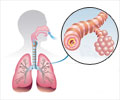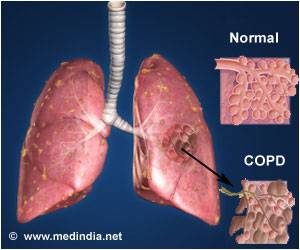Infants with bronchiolitis who were treated with inhaled hypertonic saline in the emergency department were less likely to require readmission.

Bronchiolitis is a respiratory infection common in infants and young children that results in approximately 150,000 hospitalizations each year, with an estimated cost of $500 million.
"Previous studies have shown positive effects of using hypertonic saline, a concentrated salt solution, on infants and young children with bronchiolitis," said lead author, Susan Wu, MD, with The Saban Research Institute of Children's Hospital Los Angeles. "What is unique about this study is that we looked at the effect of administering hypertonic saline in the ED and then considered its effect on hospital admission."
The investigators treated 408 babies and young children; 197 received normal saline and 211 received 3% hypertonic saline. Patients were treated with their assigned intervention up to three times in the ED. Those admitted continued to receive the therapy every eight hours until discharge.
Investigators found that 42.6% of patients treated with normal saline required hospital admission compared with 28.9% of patients treated with hypertonic saline.
"We found that infants and young children with bronchiolitis treated with nebulized hypertonic saline in the ED were less likely to require hospitalization," said Wu, who is also an assistant professor of Clinical Pediatrics at the Keck School of Medicine of the University of Southern California. "It's gratifying to find an inexpensive yet effective therapy that helps patients while also reducing the cost of healthcare."
Advertisement











